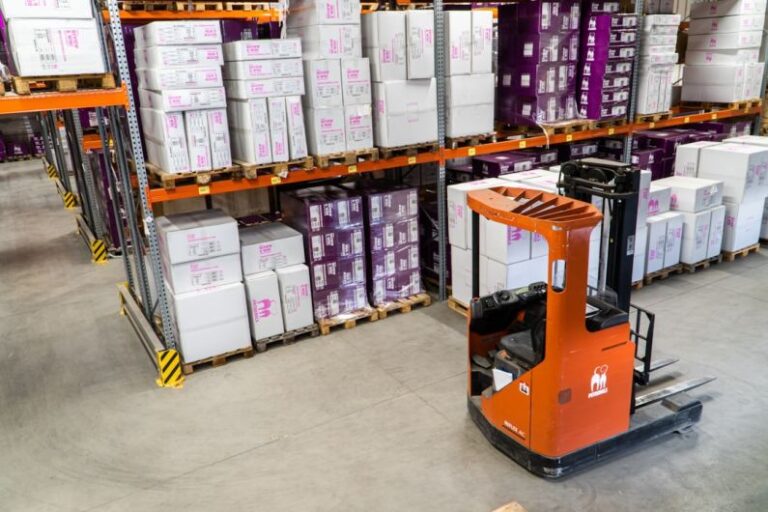Eco-friendly Logistics: Saving Money and the Environment
In today’s fast-paced world, the logistics industry plays a crucial role in keeping businesses running smoothly. From transporting goods to managing supply chains, logistics is the backbone of modern commerce. However, the traditional methods of logistics have often been associated with high costs and negative environmental impacts. As the world becomes more conscious of sustainability, eco-friendly logistics practices are gaining traction for their dual benefits of saving money and protecting the environment.
The Rise of Eco-friendly Logistics
The concept of eco-friendly logistics revolves around minimizing the carbon footprint and environmental impact of transportation and supply chain operations. This approach prioritizes sustainability by reducing energy consumption, utilizing renewable resources, and optimizing routes to lower emissions. With the growing awareness of climate change and the need for greener practices, many companies are embracing eco-friendly logistics as a way to align with their environmental goals while also reaping financial benefits.
Cost Savings through Efficiency
One of the key advantages of eco-friendly logistics is the potential for cost savings through improved efficiency. By optimizing transportation routes, reducing fuel consumption, and streamlining supply chain operations, companies can lower their overall expenses. For example, using electric vehicles or hybrid trucks can significantly reduce fuel costs and maintenance expenses compared to traditional diesel vehicles. Moreover, implementing smart technologies such as route optimization software can help minimize empty miles and idle time, further cutting down on costs.
Another cost-saving aspect of eco-friendly logistics is the potential for government incentives and rebates. Many countries and regions offer financial incentives for companies that adopt sustainable transportation practices, such as using alternative fuels or investing in energy-efficient vehicles. By taking advantage of these programs, companies can not only reduce their operational costs but also contribute to a cleaner environment.
Reducing Environmental Impact
In addition to cost savings, eco-friendly logistics plays a crucial role in reducing the environmental impact of transportation and supply chain activities. Traditional logistics practices, such as excessive fuel consumption and inefficient routing, contribute to air pollution, greenhouse gas emissions, and resource depletion. By implementing eco-friendly measures, companies can minimize their carbon footprint and help mitigate the effects of climate change.
One of the most significant ways eco-friendly logistics helps the environment is by reducing greenhouse gas emissions. Transportation is a major source of carbon dioxide emissions, which are a leading cause of global warming. By switching to cleaner fuels, optimizing routes, and using energy-efficient vehicles, companies can lower their emissions and contribute to a healthier planet. Additionally, eco-friendly logistics practices, such as recycling packaging materials and reducing waste, help conserve natural resources and minimize environmental degradation.
Embracing Sustainability for Long-term Success
As the world continues to grapple with environmental challenges, the importance of eco-friendly logistics cannot be overstated. Companies that prioritize sustainability in their logistics operations not only benefit from cost savings and efficiency gains but also position themselves as responsible corporate citizens. In a competitive marketplace where consumers are increasingly demanding environmentally friendly products and services, adopting eco-friendly logistics practices can be a strategic advantage for businesses looking to differentiate themselves and attract eco-conscious customers.
Conclusion: A Greener Future for Logistics
In conclusion, eco-friendly logistics offers a win-win solution for businesses looking to save money and protect the environment. By embracing sustainability and implementing green practices in transportation and supply chain operations, companies can reduce costs, minimize their environmental impact, and contribute to a greener future. As the demand for eco-friendly solutions continues to grow, investing in sustainable logistics is not just a choice but a necessity for long-term success in the modern business landscape.






